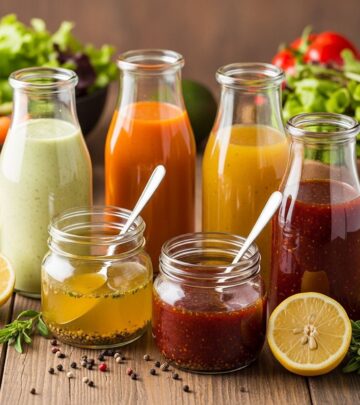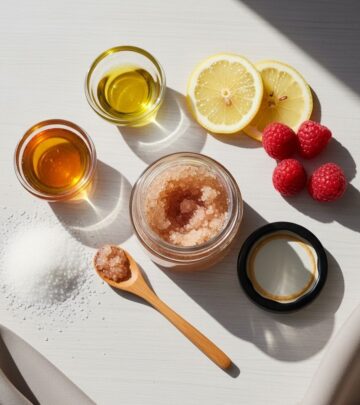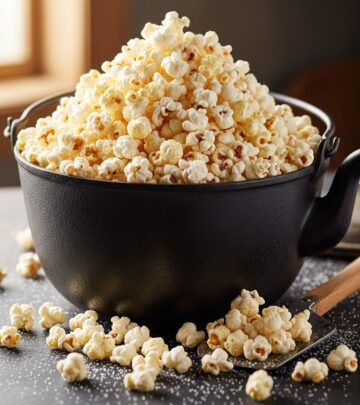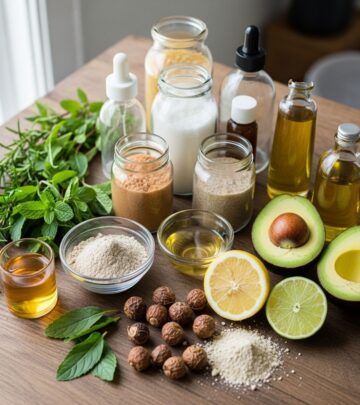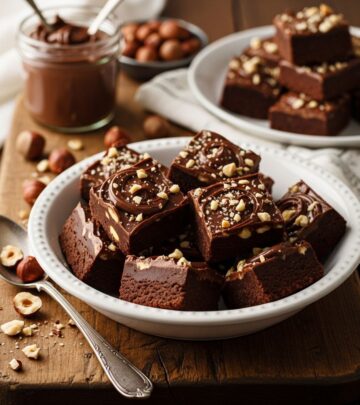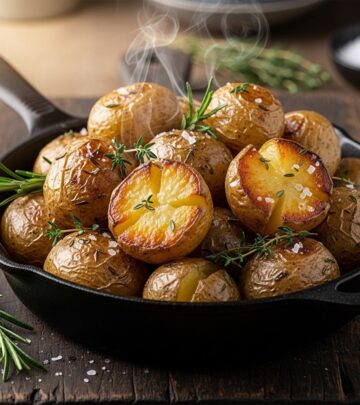Cooking With Olive Oil: Safety, Flavor & Myth-Busting Guide
Preserve healthy fats and fresh aromas in high-heat dishes.
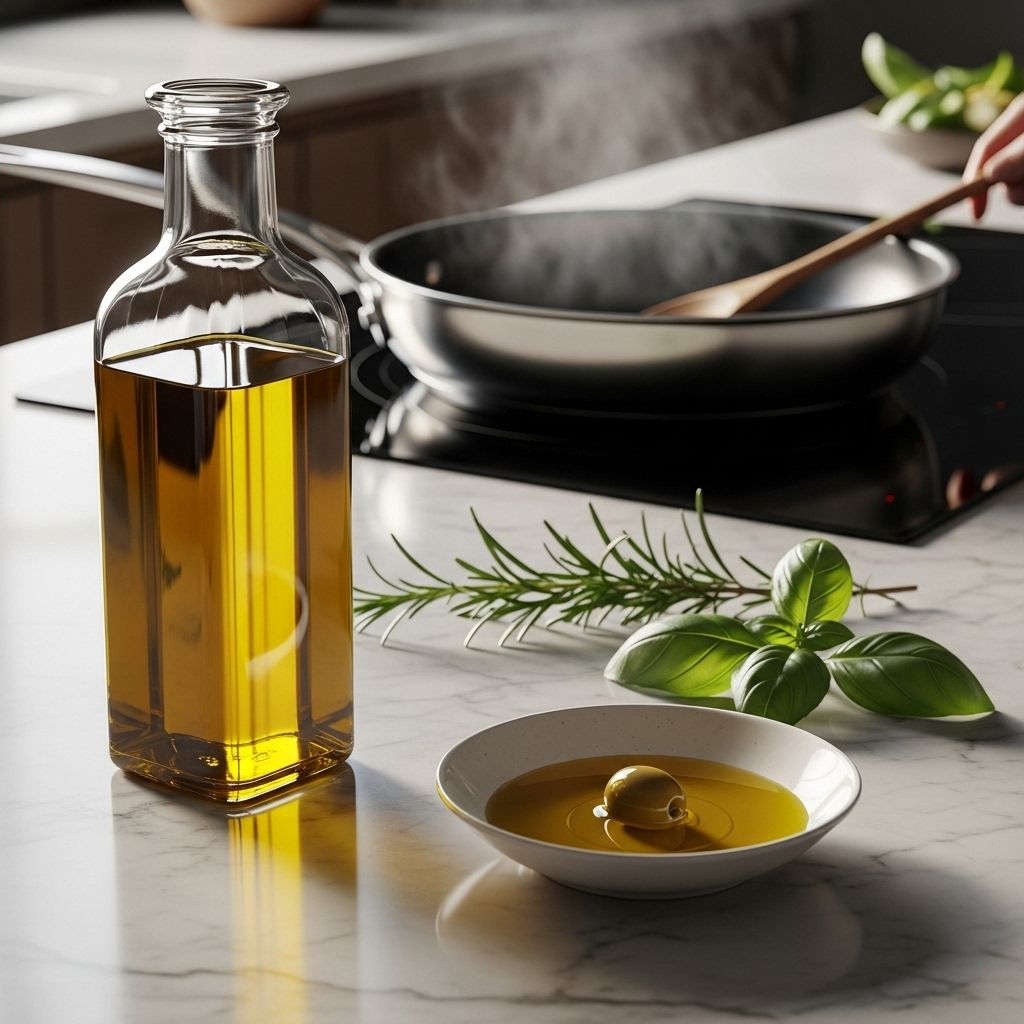
Cooking with Olive Oil: Safety, Flavor, and Myths Explained
Olive oil is a cornerstone of Mediterranean cuisine and a pantry staple for countless home cooks and professional chefs worldwide. Yet, many myths and misconceptions persist regarding its use—especially when it comes to cooking techniques, its impact on flavor, health consequences, and whether it’s safe to use olive oil at high temperatures. This comprehensive FAQ tackles the most common questions about cooking with olive oil to help you make informed, delicious decisions in the kitchen.
Table of Contents
- Why Choose Olive Oil?
- Can Olive Oil Be Used for Cooking?
- Understanding Smoke Point
- Does Heat Destroy Olive Oil Nutrients?
- How Does Cooking Affect Olive Oil’s Flavor?
- Is Extra-Virgin Olive Oil Worth Using?
- Does Cooking with Olive Oil Cause Cancer?
- Culinary Applications: Best Uses for Olive Oil
- Frequently Asked Questions (FAQs)
Why Choose Olive Oil?
Olive oil isn’t just a flavorful addition to your pantry—it’s loaded with health benefits and offers versatility unmatched by many other cooking fats.
- Rich in Monounsaturated Fatty Acids (MUFAs): These healthy fats have been linked to reduced risk of cardiovascular disease.
- High in Antioxidants: Especially extra-virgin types, containing polyphenols that may combat oxidative stress in the body.
- Natural Flavor Enhancer: Its grassy, fruity, or peppery notes can boost the appeal of both raw and cooked foods.
Additionally, olive oil forms a fundamental part of the Mediterranean diet—one associated with longevity, reduced inflammation, and overall improved health outcomes.
Can Olive Oil Be Used for Cooking?
One of the most persistent myths is that olive oil isn’t safe to use for cooking due to its smoke point or that it loses its value when exposed to heat. In reality, olive oil is suitable for most everyday cooking methods—including sautéing, roasting, baking, and even shallow frying.
- Everyday Sautéing: Perfect for cooking vegetables, eggs, meats, and fish.
- Roasting: Great for high-temperature oven dishes due to its stability.
- Baking: Can substitute for butter or vegetable oils in cakes, breads, and muffins.
- Finishing Touch: Ideal for drizzling over soups, salads, and cooked foods to enhance freshness and aroma.
Unless you are deep-frying or stir-frying at extremely high temperatures, olive oil is not just safe but also delicious for the vast majority of kitchen uses.
Understanding Smoke Point
The “smoke point” is the temperature at which oil begins to produce visible smoke and break down, generating potentially harmful compounds. Concerns about olive oil typically arise from confusion surrounding its smoke point.
| Type of Olive Oil | Typical Smoke Point | Best Uses |
|---|---|---|
| Extra-Virgin Olive Oil | 375–410°F (190–210°C) | Sautéing, baking, finishing |
| Virgin Olive Oil | 420°F (215°C) | Sautéing, grilling, roasting |
| Refined Olive Oil | 465°F (240°C) | Frying, deep-frying |
Key points about smoke point:
- Most home-cooking techniques beat nowhere near the smoke point of extra-virgin olive oil. Typical sautéing is around 320–350°F (160–175°C).
- The presence of antioxidants in high-quality oils can actually make olive oil more stable than many refined oils, resisting oxidation and degradation.
- If your oil looks or smells burnt, discard it and start fresh—it’s the same advice whatever the fat.
Does Heat Destroy Olive Oil Nutrients?
Another worry is that heating olive oil ruins its healthy properties, destroying vitamins and antioxidants. Scientific evidence suggests otherwise—while some delicate polyphenols may decrease at very high temperatures, the majority of beneficial compounds in olive oil are robust enough to withstand typical cooking heat.
- Vitamin E and Polyphenols: Some loss occurs, but a considerable amount remains in cooked dishes.
- Monounsaturated Fatty Acids: Remain highly stable under usual cooking scenarios.
- Antioxidant Activity: Still present and valuable after moderate heat exposure.
So, while it’s best to use extra-virgin olive oil raw to maximize antioxidant intake, cooking with it is far from a nutritional waste.
How Does Cooking Affect Olive Oil’s Flavor?
Olive oil is renowned for its distinctive taste, but what happens to that flavor when you apply heat?
- Mild cooking (sautéing/roasting): Subtle fruity, grassy, or peppery notes tend to mellow, allowing richer undertones to come through.
- Intense heat or deep frying: More delicate nuances fade, leaving a clean, neutral backdrop.
- Finishing oils: Drizzling raw or gently warmed extra-virgin olive oil after cooking preserves bright, fresh aromas in your food.
For maximum enjoyment, consider using robust, peppery oils for dips and salad dressings and more delicate varieties for delicate fish or baking, experimenting to highlight flavors rather than mask them.
Is Extra-Virgin Olive Oil Worth Using?
The term “extra-virgin” refers to the highest grade of olive oil, extracted mechanically without chemicals or high heat. Besides packaging bold flavors, extra-virgin olive oil contains the highest levels of antioxidants and polyphenols.
- Raw Uses: Best for salad dressings, dips, and as a finishing drizzle to preserve nuanced flavors and healthy compounds.
- Cooking Applications: Still excellent in most sautéing, baking, and roasting scenarios; just avoid excessively high heat over long periods to maintain the fresh notes.
- Blended Use: In cooking, many chefs mix extra-virgin with milder oils for cost saving and balanced flavor when bulk oil is needed.
For both health and taste, extra-virgin olive oil is worth including in your cooking repertoire—not just for finishing your food, but also as a cooking staple.
Does Cooking with Olive Oil Cause Cancer?
Internet rumors occasionally suggest that olive oil heated past its smoke point creates carcinogens. This myth stems from a misunderstanding about how cooking oils break down.
- No Unique Carcinogens: Olive oil does not become especially dangerous when heated. All fats can break down into harmful compounds if severely overheated and burned.
- Olive Oil vs. Other Oils: Thanks to its antioxidant content and stability, olive oil is less likely than many seed oils to generate harmful byproducts under normal cooking conditions.
- Moderate Cooking is Safe: Using olive oil at reasonable stove and oven temperatures is considered safe by nutrition experts and food safety authorities.
To avoid all risks, never reuse oil repeatedly at high temperatures, don’t heat oil to the point of smoking, and regularly wash your pans.
Culinary Applications: Best Uses for Olive Oil
Integrating olive oil into your cooking isn’t just about flavor—it’s about harnessing one of nature’s healthiest fats. Here are the best ways to leverage its unique qualities:
- Vinaigrettes and Dressings: Whisk with vinegar, mustard, or citrus for vibrant salads.
- Dipping: Pair robust oils with fresh breads or simple cooked vegetables.
- Sautés and Pan Roasts: Use for everything from vegetables to chicken, enjoying subtle flavor boosts.
- Finishing Touches: Drizzle over hot soup, toasted bread, or grilled fish for a bright, aromatic pop.
- Baking: Substitute for butter to create moist breads, cakes, or muffins with a Mediterranean flair.
In each application, choosing a style of olive oil—from intense and spicy to mild and buttery—lets you complement or elevate your dishes.
Frequently Asked Questions (FAQs)
Q: Can I use olive oil for high-heat frying?
A: Refined olive oil is well-suited to frying due to its high smoke point—but for deep frying, you might prefer oils higher still, such as pure vegetable or peanut oil. For regular sautéing, extra-virgin olive oil is perfectly safe and stable.
Q: Does the flavor of olive oil overpower food?
A: Not if you select the right variety for the job. Bold, robust oils can shine in dressings and dips, while milder versions quietly enhance delicate dishes. Experiment to discover your preferred pairings!
Q: How should olive oil be stored?
A: Keep olive oil in a cool, dark place, tightly sealed to avoid exposure to air, heat, or light (which can cause it to go rancid). Prefer opaque bottles for best preservation, and use opened bottles within a few months for peak flavor.
Q: How do I know if my olive oil is extra-virgin?
A: Look for official certification seals, check the harvest date, and taste for distinct fresh, grassy, or peppery notes. If in doubt, reputable brands with transparent labeling are a good bet.
Q: Is it worth buying expensive olive oil?
A: For raw uses (dressing, dipping, drizzling), yes—higher quality oils offer more flavor and nutritional benefits. For everyday cooking, balanced mid-range oils are effective and affordable.
Conclusion
For health, flavor, and versatility, olive oil is as essential as salt. Don’t let outdated myths prevent you from enjoying it in all forms—from salad dressings to sautés, baking, and finishing touches. Moderately heated, high-quality olive oil remains both safe and delicious, unlocking deeper flavors while delivering lasting health benefits. Keep a bottle or two on hand, choose your intensity based on the recipe, and embrace olive oil as a kitchen staple with confidence.
References
Read full bio of Shinta

